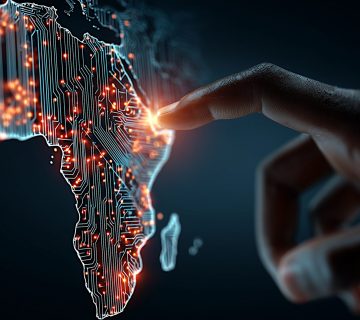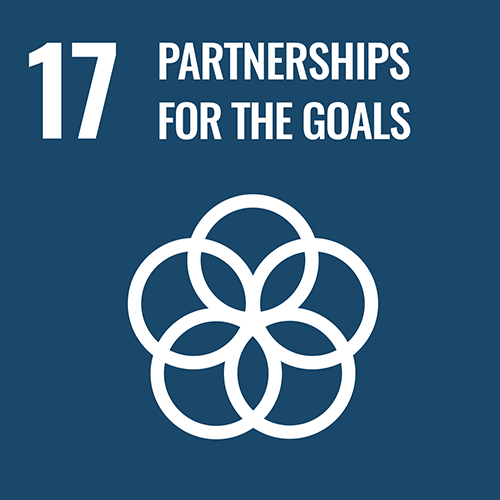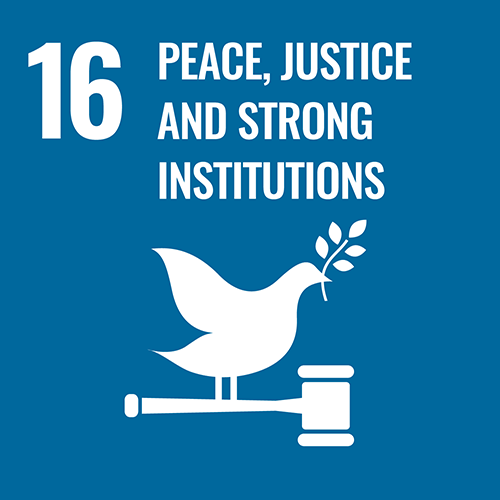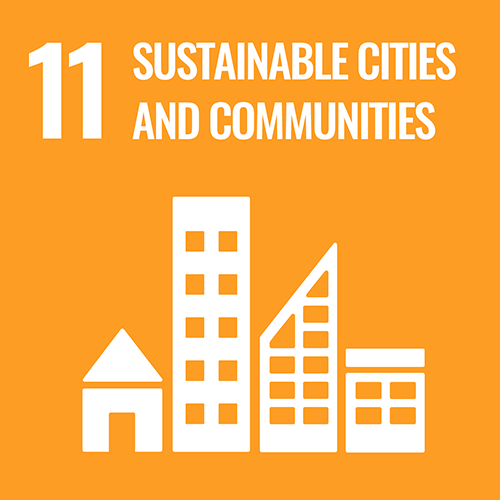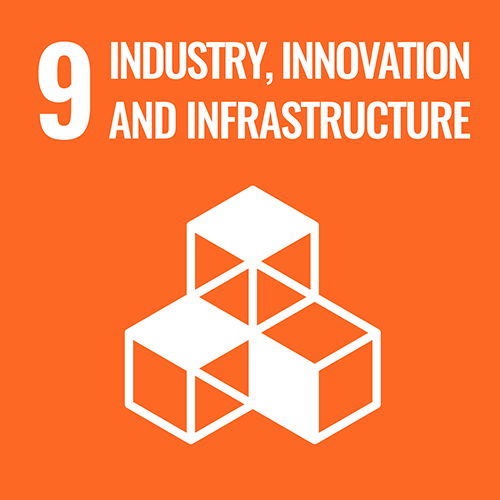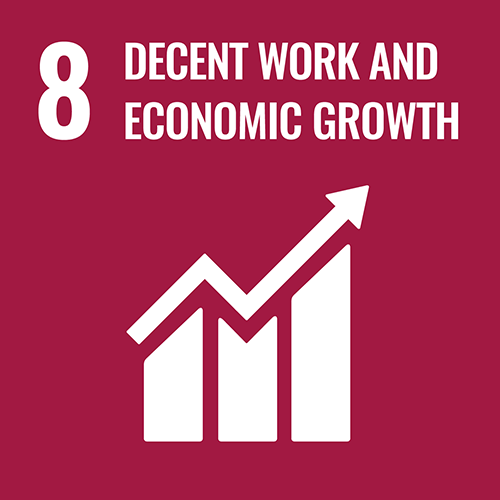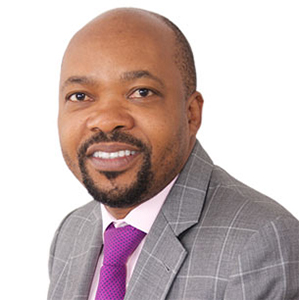Digital transformation and the technology that shapes it has long since moved from hype to business essential, but what does that mean for African organisations asks Hardy Pemhiwa, President and CEO of Cassava Technologies.
Digital transformation (DX) has played no small role uplifting organisations over the past three years. It has been the definitive solution to the remote working situation and has helped companies to refine their systems and hone their processes to achieve impressive levels of performance and growth. It is, as Statistica eloquently explains, a cultural shift towards doing business with greater agility, resilience and intelligence. And there is little doubt that the technologies driving it are invaluable in keeping this tsunami of change going.
The concept of digital transformation has been in play since the 1990s – some argue it started as early as the 1940s – but it has only really been a definitive phenomenon since 2013, nearly 10 years ago. This was when we saw a move from sporadically implemented computerization projects to the implementation of digital solutions designed to not only change but in most cases rethink business processes, platforms and workstreams within the organisation. Now, it is expected that digitally transformed organisations will be responsible for more than half of the global GDP by 2023. The journey of DX, it seems, has just begun.
From simply automating systems like payroll and mitigating the tedium of repetitive tasks, DX is now changing economies, how organisations do business across their whole value chain, and how companies communicate, connect and engage with customers, suppliers and governments. DX is changing and revitalising almost all sectors of the global economy, with discernible change being witnessed in healthcare infrastructure, manufacturing, the global supply chain in times of crisis, and even defining new ways of managing mines during times of uncertainty. DX has also changed the conversation itself, away from technology being the remit of the IT teams hidden away at the back of the building, and instead towards having IT at the decision-making table. The CIO, the CTO and the IT are being called upon to ensure that the technology implemented is sustainable, relevant, and capable of giving enterprises and whole countries a competitive advantage over others.
However, it is important to recognise that there is a difference between digitisation and digital transformation. The former is the simple application of computer technologies to processes and systems within the enterprise. Digital transformation on the other hand goes beyond this by connecting the enterprise to the wider economy and other organisations, customers, suppliers, and other stakeholders in the value chain. Africa needs both digitization and digital transformation. Connecting those who have been previously excluded to the continent’s digital “railroad” in an affordable way is key to accelerating digital transformation. Whilst mobile telephony and mobile money have done a lot to bring basic communications and financial inclusion, harnessing the power of technology for economic development will require all players to solve the cost of access challenge.
Whilst a lot has been said and written about the need for Africa to embrace the Fourth Industrial Revolution (4IR), there are basic digital infrastructure challenges that we have to address to enable the continent embrace 4IR. The need for digital infrastructure that allows access to the internet at reasonable cost, a digitally-savvy workforce, and accessible digital platforms are all ingredients that we need to bake the digital transformation and 4IR cake in Africa.
We will need to build an ecosystem that supports and enables digital innovation and entrepreneurship. When these things are in place, yes, Africa can talk 4IR, but that time isn’t now – at least not yet. Digital infrastructure under development, costs of access are still high, and whilst access to the real internet is improving it is still limited particularly in the rural areas where most of the people still live. There are some countries further ahead than others, of course, but what is needed is concentrated effort to create national and regional ecosystems that encourage digital innovation and entrepreneurship, rather than the wholesale trumpeting of 4IR in seminars and conferences at 30,000 feet above the reality on the ground.
Now, the focus as the continent moves forward into a rapidly digitally transforming global landscape should be bringing down the cost of access, removing regulatory bottlenecks to digital infrastructure projects, better access to long term funding and digital applications that change the lives of ordinary citizens. The amount of paper forms that ordinary people filled in at the height of the COVID19 pandemic, the school children that could only get lessons via whatsapp or not at all behoves us all to push forward with urgency for a digitally connected future that leaves no African behind. This is our vision as Cassava Technologies.


